Marvel’s Moon Knight introduces Mahraganat music to American audiences
The music used in Moon Knight brings an important part of Egyptian culture to the international stage and has caused Mahraganat to gain international traction despite controversy in Egypt
Marvel’s newest show Moon Knight stars actor Oscar Issac as the mild-mannered Steven Grant who, unbeknownst to him, shares a body with the mysterious Marc Specter. Specter is the Avatar of Khonshu, an Egyptian moon deity, which means Khonshu blessed him with incredible powers so he can carry out his will. The show revolves around ancient Egyptian cosmology and modern Egyptian culture, which are both constantly referenced through picturesque settings, ancient art, ritual clothing, and, most notably, a stunning soundtrack unfamiliar to most American audiences.
As the second episode came to an end, audiences were greeted with the memorable sound of Mahraganat music as El Melouk (The Kings) by Ahmed Saad’s band began to play. Powerful lyrics such as “Everyone knows that I’m fierce, never needing backup, I’m not bragging, I swear it’s true,” (when translated from Arabic to English) were rapped over a catchy rhythm, but it was the style of music that caught the attention of many viewers.
Mahraganat is a blend of popular Egyptian Shaabi, techno, hip-hop and, occasionally, even R&B that began as street music in Cairo. Mahraganat quickly evolved into a massive underground music scene, spanning all classes and regions of Egypt. Like many new music genres, older generations have generally frowned upon the style, claiming it is too vulgar and incorrectly frames Egyptian culture. In February of 2020, the state-sponsored Musicians Syndicate of Egypt issued a decree banning Mahraganat performances in private venues in an attempt to limit the spread of the style. This kind of government-enforced censorship for the purpose of “preserving traditional values” is remarkably similar to many cultural conflicts observed in nearby regions, wherein modern music and dance are strictly regulated by an extremely conservative government. As the battle between the Syndicate and the creators behind the genre intensified, many artists were banned from large functions and lost significant income opportunities, while a few were even arrested. Despite the risks, Mahraganat musicians are still finding ways to perform and spread their art.
The music featured in Moon Knight was almost immediately popular on social media platforms, with YouTube searches like “Moon Knight El Melouk” and “Moon Knight credit song” trending and about 21.4K videos on TikTok using the song. The videos on TikTok largely consisted of American TikTokers buzzing about how much they loved the song and Egyptian TikTokers talking about the cultural significance of the music and the positive Egyptian representation they have noticed in the show, especially in contrast to the portrayal of Egypt in most American media.
Some credit the positive representation to the Egyptian creators behind the show who are able to bring authenticity to the production. For example, the director Mohamed Diab uses his Egyptian identity as a large part of his creative process and has ensured many aspects of Egyptian culture shine through the show.
The newfound popularity of Mahraganat music in the United States is not only diversifying people’s playlists, but it’s bringing awareness to a music genre representative of a new wave of change led by the youth of Egypt. The conversations this controversy has sparked about free speech in Egypt may become extremely important in efforts to protect the constitutional rights of Egyptian citizens, especially following the limitations on free speech in the media and criminalization nontraditional internet behavior enabled by President Abdul Fattah al-Sisi.
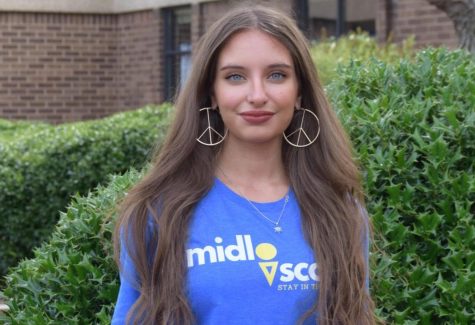
Avery Belisle, Class of 2023
Avery Belisle has been on staff for two years and is a freelancer this year. Outside of school, she loves learning new...



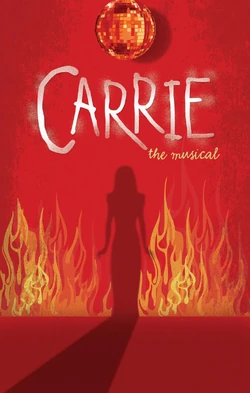
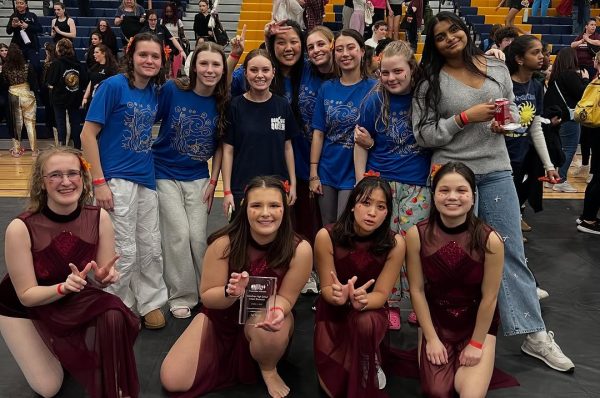
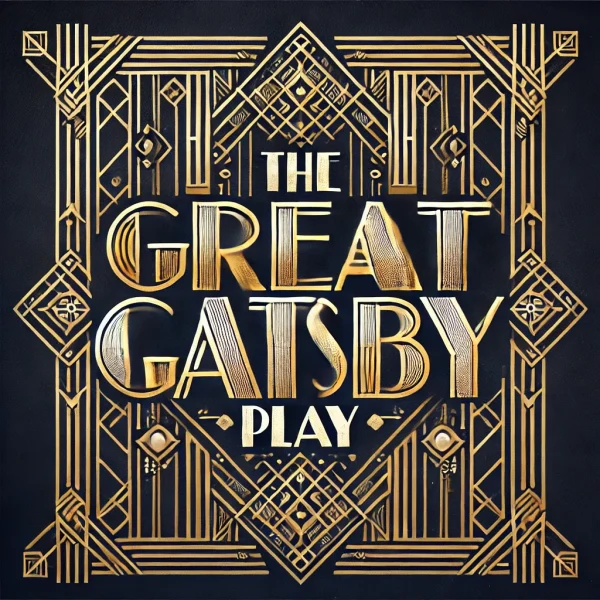
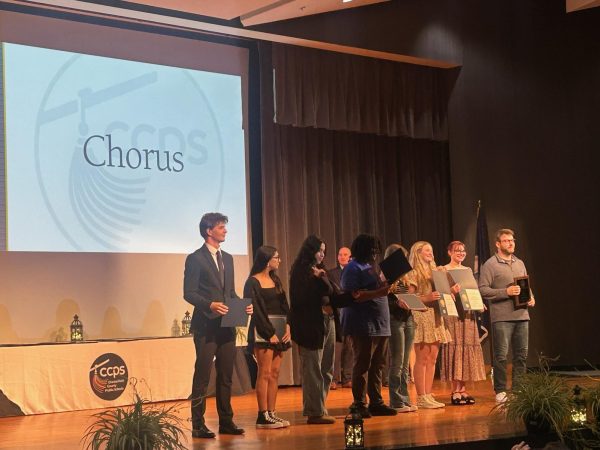
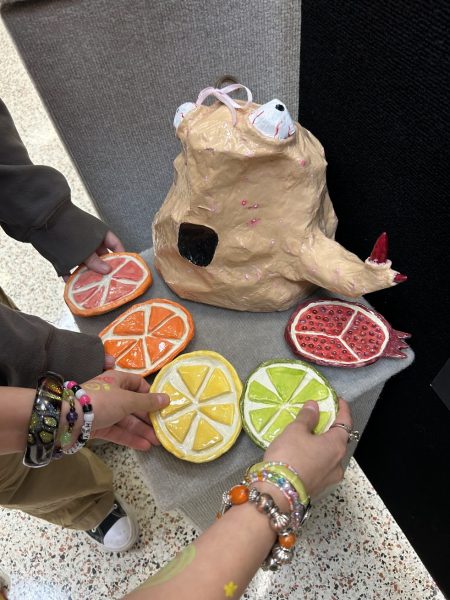
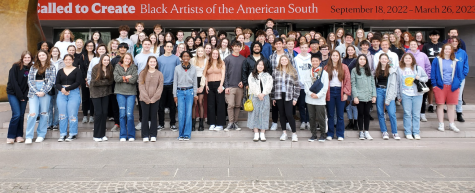
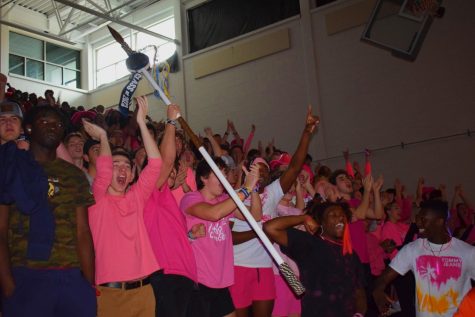
mary • May 6, 2022 at 8:35 am
good article! congrats on winning 🙂